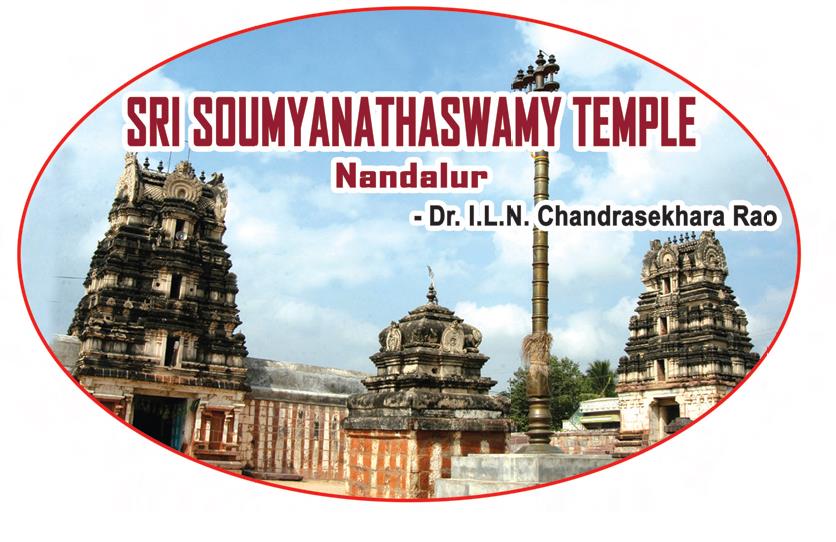Sri Soumyanatha Swamy Sri Maha Vishnu is sheltered in a beautiful gentle form as Sri Saumyanatha Swami in Nandaluru temple. The deity of the temple is known for his consideration towards the devotees who are in dire necessity of God’s blessings. It is believed that He blesses all his devotees generously. Location Nandalur is located Read More
Ads Blocker Detected!!!
We have detected that you are using extensions to block ads. Please support us by disabling these ads blocker.

